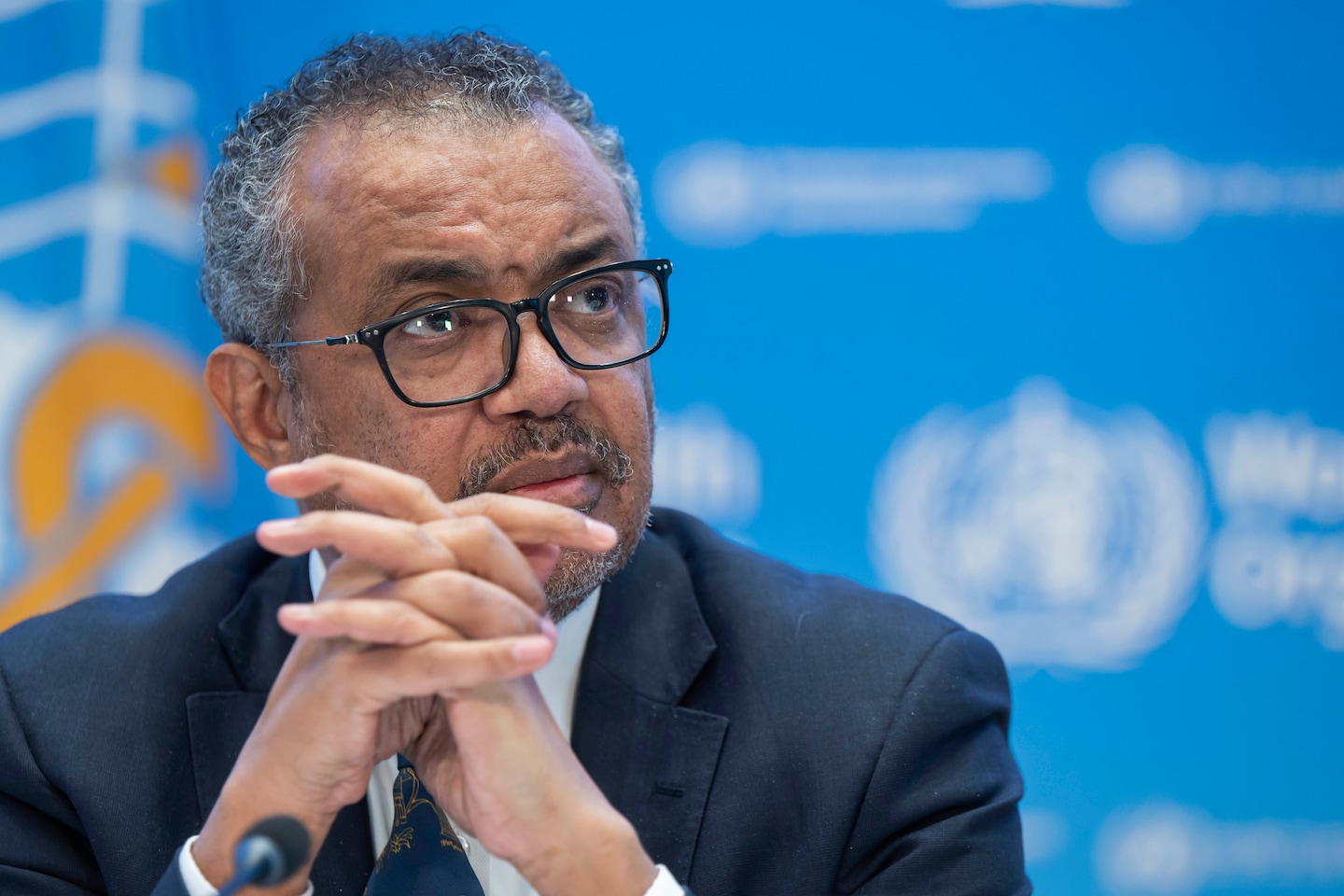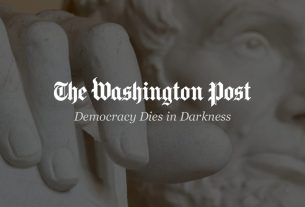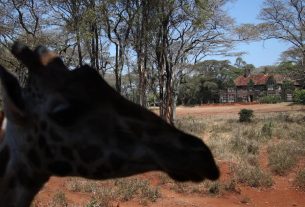Tedros gave no further details about the timing or location of the alleged killings, and Eritrean and Ethiopian officials did not immediately comment on his allegations.
Tedros, an ethnic Tigrayan who previously served as Ethiopia’s foreign minister and health minister, has frequently spoken out about the conflict in Tigray, which has claimed tens of thousands of lives and left more than 350,000 people facing famine.
He has come under attack from Ethiopian officials, who have said he should step down from the WHO. They have accused him of seeking to procure weapons for the Tigray region — claims that Tedros has denied.
In August, Tedros described the crisis in Tigray as “the worst disaster on Earth” and questioned whether the lack of a stronger global response was due to “the color of the skin of the people in Tigray.” Ethiopia’s government denounced Tedros’s statements as “unbecoming of such a high-profile position.”
In his comments Wednesday, Tedros told journalists: “I spoke to my mother, and she was really devastated, because he was the youngest from their family and he was almost same age with me — a young uncle.”
“I hope the peace agreement will hold and this madness will stop, but it’s just a very difficult moment for me,” he continued.
Asked on the sidelines of the news conference for more details, Tedros said he grew up with the uncle but did not give the location. He said he feared that the villagers would face retaliation, Reuters reported.
A Nov. 2 cease-fire aimed to end two years of bloody conflict, which broke out in late 2020 when the Tigray People’s Liberation Front (TPLF) captured a number of military bases in the region, amid deteriorating relations with the central government. The TPLF was a key player in Ethiopian politics until Prime Minister Abiy Ahmed came to power in 2018.
Under the 2022 deal, Tigrayan forces pledged to disarm and not provide any support to any other armed group in Ethiopia. The government, in turn, was to guarantee no “foreign incursion” — in what was widely believed to be a reference to the withdrawal of Eritrean troops — and to once again recognize the TPLF as a political party.
The truce also included provisions for unhindered access for humanitarian aid and a resumption of communications in the region, where phone and internet connections were cut off since the beginning of the conflict.
However, forces allied to the Ethiopian armed forces, including the Eritrean army and a militia from the Amhara region of Ethiopia, were not part of the cease-fire.
Eritrea shares a border with Tigray and has supported Ethiopia’s central government in the Tigrayan conflict. The Eritrean government has been a longtime enemy of the TPLF, with President Isaias Afwerki seeing the TPLF leadership as an existential threat.
According to a Reuters report earlier this month, witnesses and aid workers reported that Ethiopia’s allies continued to carry out extrajudicial killings and mass arrests in areas under their control after the cease-fire took effect.
A joint report issued last year by the United Nations and Ethiopia’s state-appointed human rights commission found that all sides had carried out human rights violations, but it blamed some of the worst crimes on Eritrean forces. Eritrea has rejected accusations of involvement in war crimes.
Katharine Houreld contributed to this report.



